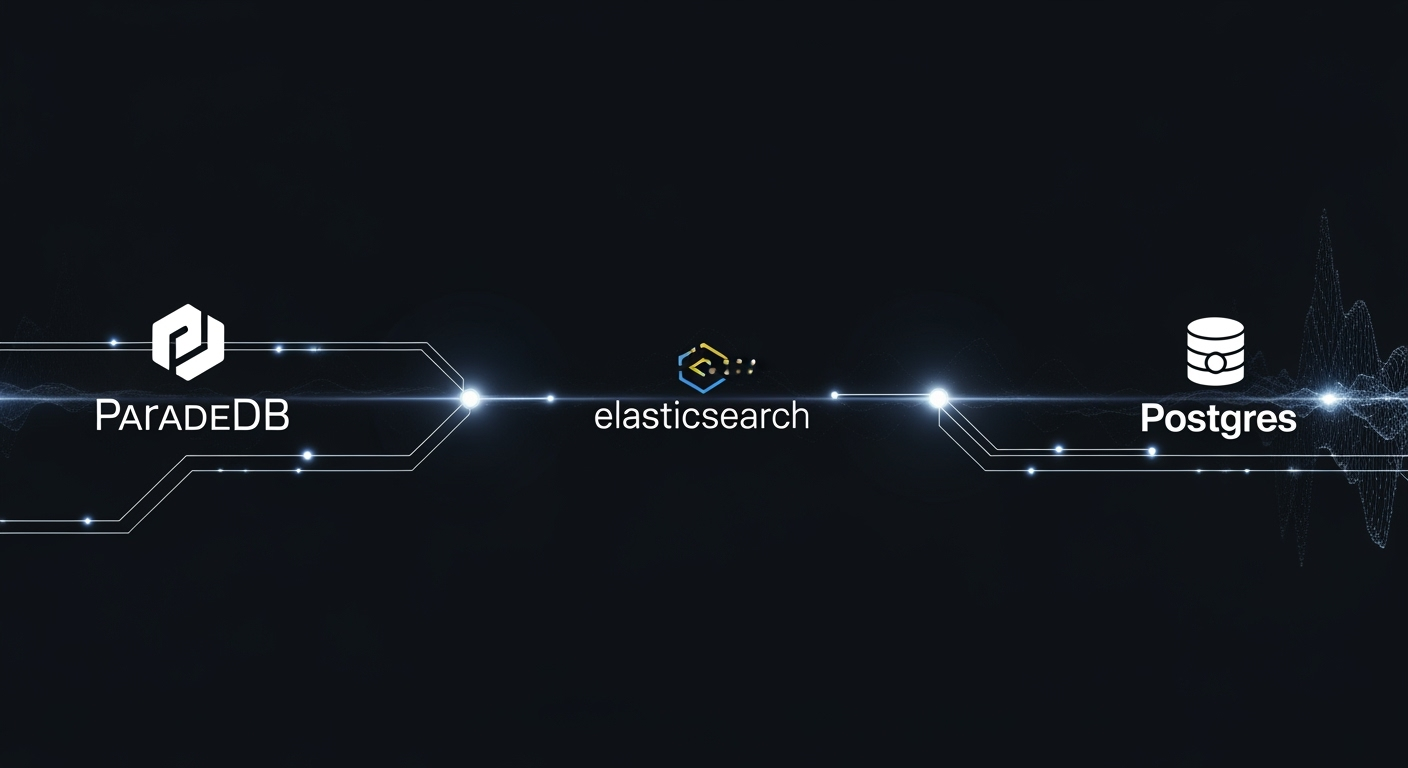ParadeDB Challenges Elasticsearch as Postgres Surges in AI Era

ParadeDB: Supercharging Postgres Search and Analytics in the Age of AI
Postgres, the open source relational database, is experiencing a surge in popularity, especially as businesses look for reliable, flexible solutions to power AI applications. However, users have long struggled with its limited built-in search and analytics features—until now. ParadeDB is stepping in to fill this gap.
What Is ParadeDB?
ParadeDB is an open source extension that brings advanced full-text search and analytics capabilities directly into Postgres. Unlike traditional setups that require moving data to separate search engines (like Elasticsearch), ParadeDB operates natively within Postgres. This eliminates the need for additional data transfers, reducing complexity, latency, and costs.
- Seamless integration with Postgres databases on major cloud platforms: Google Cloud SQL, Azure Postgres, Amazon RDS, and more.
- Open source foundation means developers can contribute and customize.
- Enterprise-ready with analytics and a user-friendly interface in development.
Why Not Just Use Elasticsearch?
Elasticsearch, founded in 2012, has been the go-to for search and analytics. But its model requires syncing data between two separate databases—Postgres and Elasticsearch—which introduces compatibility issues, increased latency, and higher operational costs, especially for fast-evolving data.
ParadeDB’s co-founder and CEO Philippe Noël describes the pain of this setup: "There’s a lot of compatibility issues, there’s a lot of latency issues, higher costs, and all of that deteriorates the user experience." By running as a Postgres extension, ParadeDB eliminates these barriers and streamlines the developer workflow.
Market Momentum and Enterprise Adoption
Launched in 2023, ParadeDB quickly caught the attention of major players. Alibaba became its first customer in May 2024, and the startup now serves organizations like Modern Treasury, Bilt Rewards, and TCDI.
Recently, ParadeDB raised a $12 million Series A round led by Craft Ventures, with backing from Y Combinator. The funding will support hiring and further product development, particularly around analytics and usability.
Postgres: The New Default for Modern Data
Postgres is now seen as the "default database of the world," especially with its role in powering AI workloads. Major acquisitions, like Snowflake’s purchase of Crunchy Data and Databricks’ acquisition of Neon, highlight the industry’s growing commitment to Postgres-backed solutions.
As IDC’s Devin Pratt notes, "It is widely used across the industry, and I would say that was one of the main targets for their acquisitions." The focus on Postgres is driving innovation and attracting significant venture capital.
The Road Ahead for ParadeDB
ParadeDB’s founders believe that building directly on Postgres is a significant shift: "You can make a meaningful dent in Elasticsearch’s market share by meeting users where their data is, rather than building something that’s marginally faster or marginally cheaper," says Noël.
With the AI boom accelerating and Postgres at the center of modern data infrastructure, ParadeDB is well-positioned to redefine how businesses approach search and analytics—in one powerful, open source stack.





